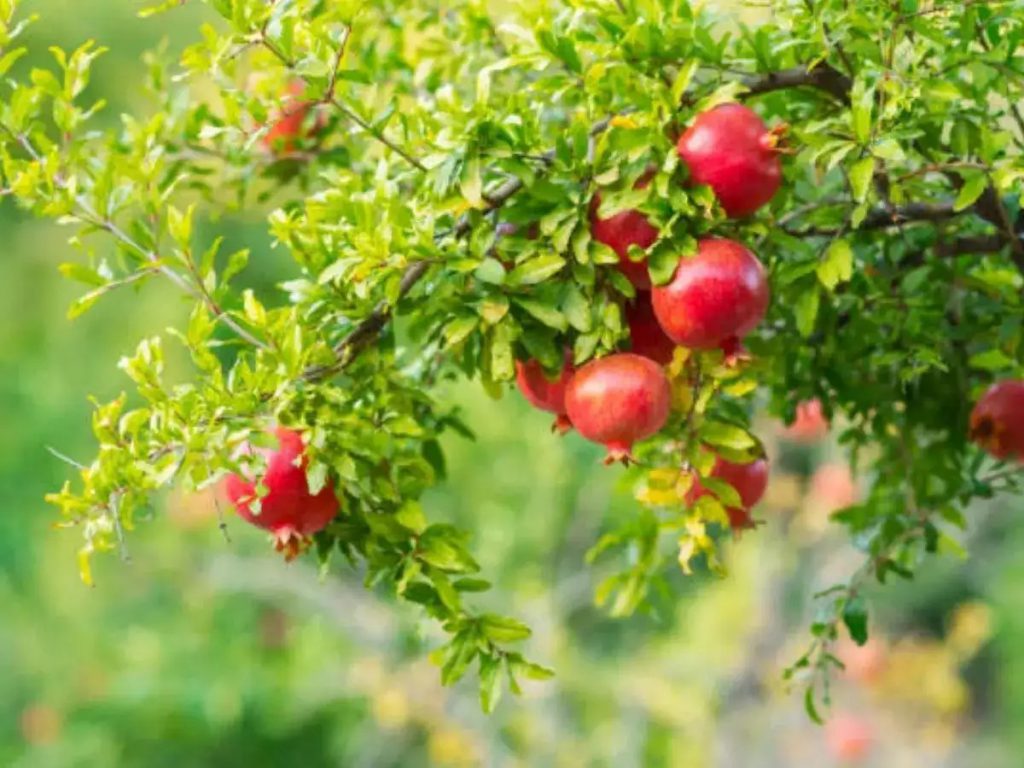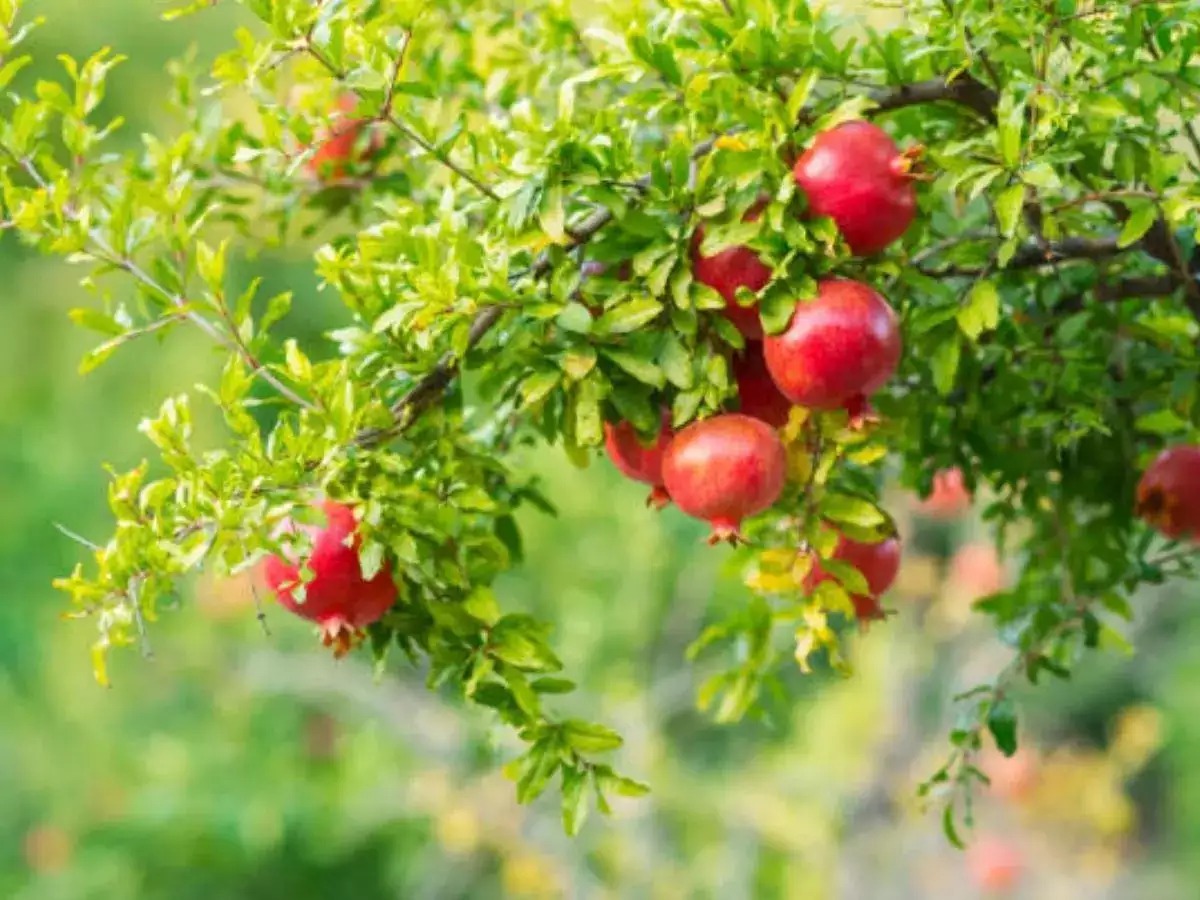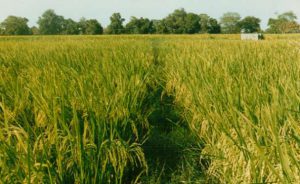Synopsis
The team involved in this landmark research comprised Dr. N.V. Singh, Dr. P. Roopa Sowjanya, Dr. Shilpa Parashuram, Dr. P.G. Patil and Dr. R.A. Marathe, all at ICAR-NRCP, Solapur. It has taken the team six years in accomplishing full genomic sequencing of this Indian pomegranate.
A team of scientists from the Indian Council of Agricultural Research (ICAR) – National Research Centre on Pomegranate (NRCP). has completed the genome sequencing for pomegranate, known as a wonder fruit to many. For the uninitiated, this means that for the first time anywhere in the India, the ICAR-NRCP team at Solapur, Maharashtra has been able to identify all the bases of DNA material in perfect sequence in the process unlocking several genetic mysteries such as identifying particular genes responsible for sweetness, seed softness or colour of the fruit, those responsible for disease and pest resistance, and those for the enlargement of the fruit size, among others.
The team involved in this landmark research comprised Dr. N.V. Singh, Dr. P. Roopa Sowjanya, Dr. Shilpa Parashuram, Dr. P.G. Patil and Dr. R.A. Marathe, all at ICAR-NRCP, Solapur. It has taken the team six years in accomplishing full genomic sequencing of this Indian pomegranate. The reference-quality genome assembly of the ‘Bhagawa’ developed by ICAR-NRCP under aegis of Indian Council of Agricultural Research is a huge reservoir of publicly accessible genomic resources for pomegranate researchers across the globe and will provide a great impetus to the pomegranate improvement programme in India. These genomic resources will assist the pomegranate genetic improvement programmes of different research organizations including ICAR-NRCP through genomics assisted trait mapping, breeding and genome editing applications to develop improved varieties with resistance/tolerance to biotic and abiotic stresses.

The genome sequencing experiment was executed at Nucleome Informatics, a Hyderabad based genomics lab. Last year Nucleome’s new lab NKC centre for genomics research was inaugurated by Shri Rajnath Singh, Defence Minister of India. Nucleome is the only laboratory from Asia which is affiliated with the world’s largest and prestigious genomics program ‘The Vertebrate Genome Project’ to sequence 70000 vertebrate genomes. Nucleome is also developing an Indian population based genomics chip for inherited retinal diseases under the Indo Korean Project.
“Even as India has ramped up production in recent years and has been a world leader in pomegranate production with a 50% contribution to global production, India’s domestic capacity as well as export potential has still remained largely unrealized. This has been due to an assortment of reasons including the limited availability of genomic resources and molecular information about this highly remunerative crop. Being a high value crop, until now, due to lack of resistant pomegranate varieties against major pests and diseases, there has been very high dependence on chemical pesticides for managing biotic stresses. However, now that we have managed to sequence the whole genome of this fruit, this will open up incredible avenues for vastly improving yield, growing much better and safer varieties for human nutritional needs, and all this at a much faster rate,” said Dr R. A. Marathe, Director, ICAR-NRCP.
“Given the government’s recent emphasis on steering agriculture more towards cash crops, the achieving of this full sequencing of pomegranate is very timely.For our farmer brothers, the extraordinarily jump in yield and of better quality disease-resistant fruits and with a higher shelf life would go a long way in enhancing their income and thereby improving lives. Remember pomegranate supports the livelihood security of an estimated 2.5 lakh farm families mostly in climatically and edaphically-challenged regions.On the export side, it has been estimated that India exports an abysmal 2-3% of its indigenous production which is far below its real potential.Now with the achievement of this sequencing and development of even higher quality fruits, India’s export value for pomegranate in the international market will multiply several-fold in a very short period of time. And from the domestic consumers’ standpoint,they would get to sample and consume even more varieties of high-quality pomegranates further fulfilling their health and nutritional needs,” said Dr. A.K. Singh, DDG (Horticultural Science), ICAR, New Delhi.
Mr Dushyant Singh Baghel, CEO Nucleome Informatics added ‘This is an example of public private partnership in genomics research. With the availability of skilled genomics experts and advanced genomics technologies Scientists can develop genomes and discover useful genes in crops faster.
Read More At:-https://bit.ly/3SliMRy





